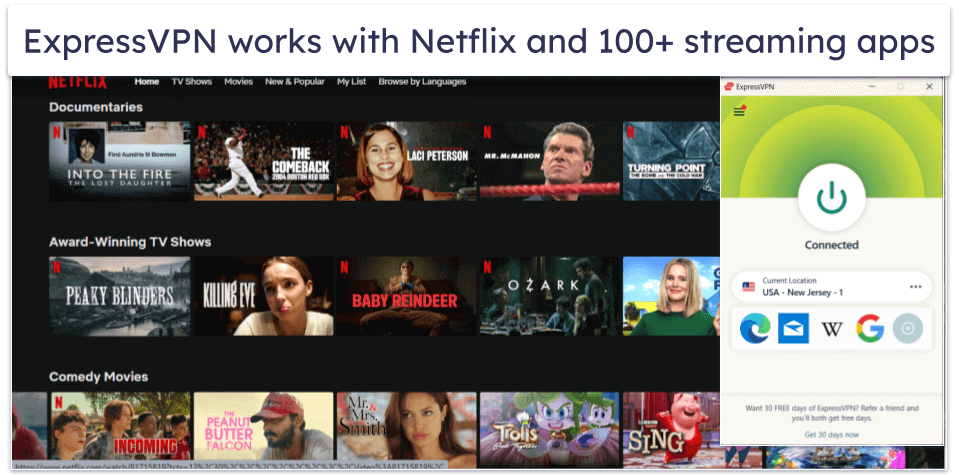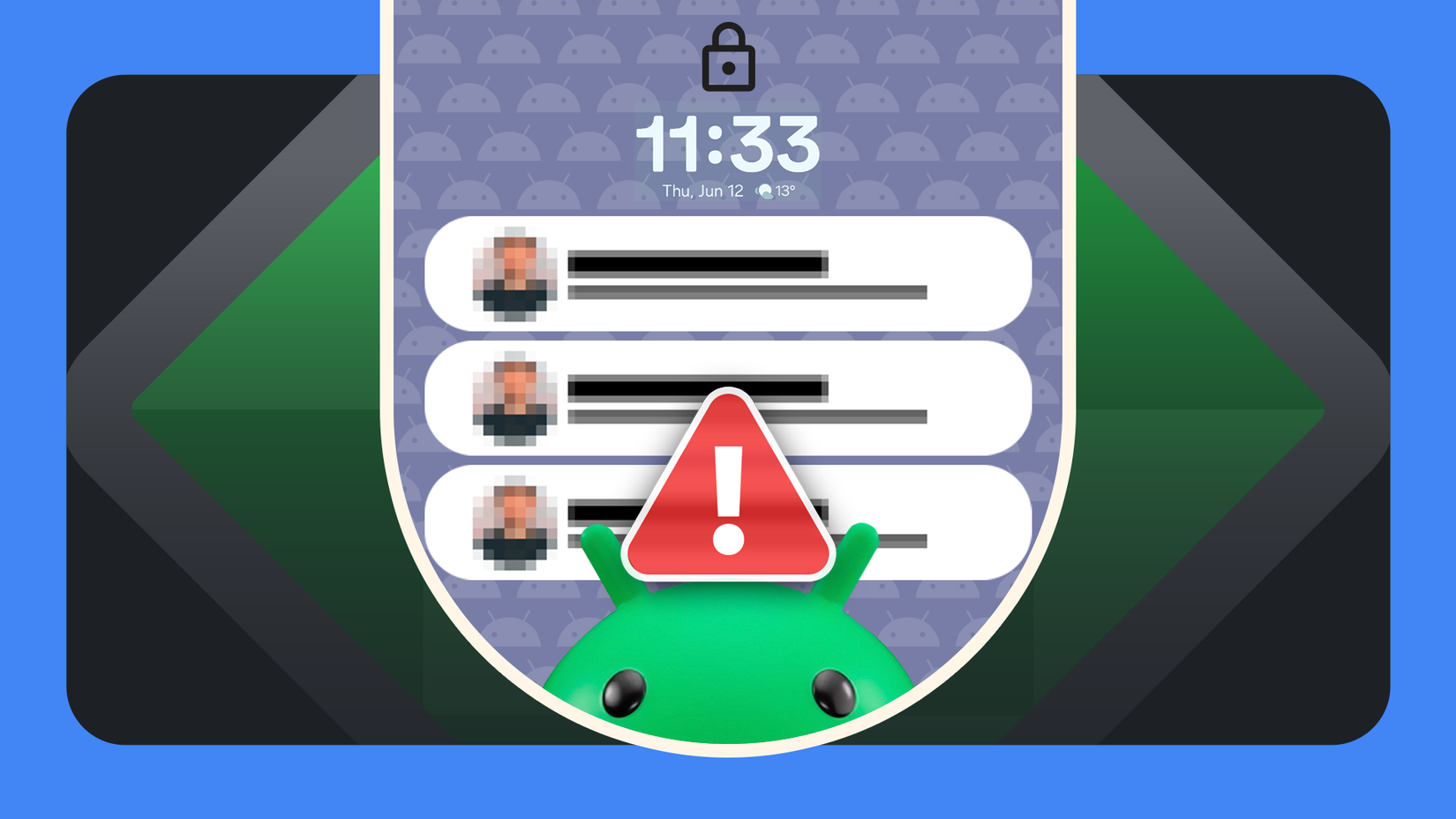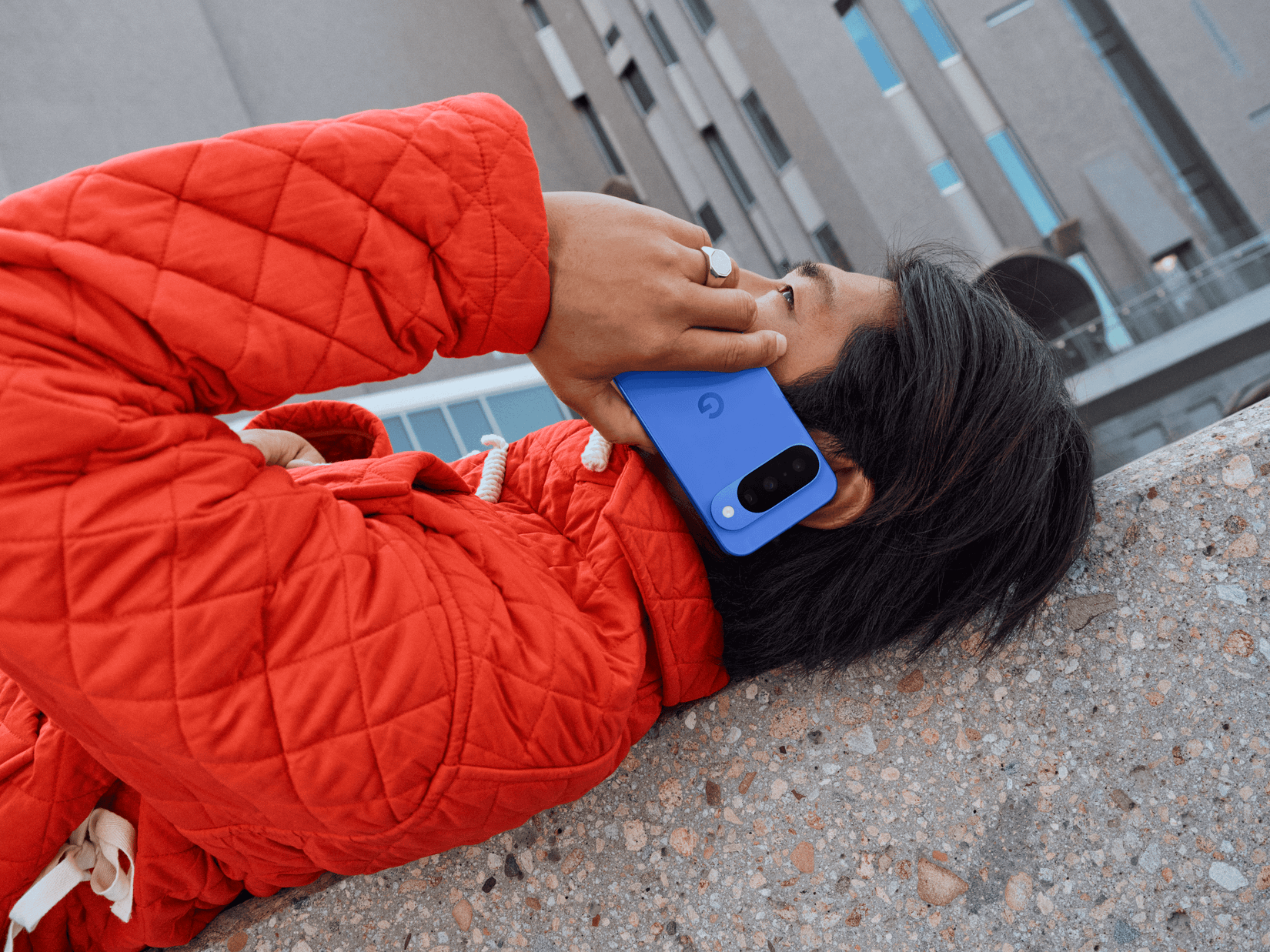Tim Mocan
Updated on: June 2, 2025
Fact-checked by Kate Davidson
Tons of online articles talk about the advantages of using a VPN, and some even mention the drawbacks. Unfortunately, many of them keep it pretty vague. They just mention how VPNs “protect you from hackers” and “improve streaming,” but they don’t provide a lot of additional details.
That only leads to confusion, and it makes it hard to tell whether or not a VPN is right for you. And more specifically, it doesn’t clarify when you should and shouldn’t use a VPN.
So, I decided to fix this by writing my own guide on the advantages and disadvantages of using a VPN. I covered each pro and con in-depth and also provided a quick list of my favorite VPNs in 2025 (ExpressVPN is my top pick). Editors’ Note: ExpressVPN and this site are in the same ownership group.
Quick Look at the Pros & Cons of Using a VPN
What Are the Pros of Using a VPN?
1. VPNs Secure Your Internet Traffic
When you use a VPN, it encrypts your internet traffic. This means that the VPN makes all your data unreadable, so ISPs, hackers, and government agencies can’t monitor what you do on the internet.
Let’s say you use a VPN to connect to “youtube.com.” Because the connection is encrypted, anyone monitoring it would only see gibberish, like “JFH42@$nuiafYIFDGY23”, for example.
It’s generally best to use a VPN whenever you access sensitive online data, and I strongly recommend using a VPN to surf the web if you use unsecured public Wi-Fi networks, like at a coffee shop or an airport. Public Wi-Fi networks don’t use encryption, so hackers can easily monitor everything.
2. VPNs Protect Your Online Privacy
When you connect to a VPN server, you’ll access the web using the IP address of the VPN server. So, only the VPN’s IP address will be visible on the web — your real IP address will remain hidden.
This provides enhanced privacy on the web, as malicious actors won’t be able to use your IP address to track your location. Keep in mind that your IP reveals sensitive data, including your country, city, and ZIP code.
Plus, with your IP address hidden, advertisers won’t be able to use it to track your online preferences. This way, you’ll be less likely to be targeted with personalized ads. Speaking of which, many top VPNs actually provide ad-blocking features nowadays — they stop you from seeing annoying ads, and they also stop ad trackers from collecting data about you.
3. VPNs Bypass Firewalls
VPNs are great for accessing blocked websites on restrictive networks — like at work or school. Some VPNs can even access restricted websites in countries that censor the internet.
VPNs do this by allowing you to communicate with the internet via a VPN server’s IP address. Basically, you connect to the server fand use its IP to access the blocked websites. You can bypass a firewall this way because the VPN’s IP doesn’t have any firewall restrictions linked to it.
4. VPNs Improve Your Streaming Experience
Many streaming sites are only available in certain locations. The same goes for certain TV shows and movies that are broadcast on streaming platforms. Basically, streaming websites use geo-blocks to make sure that you can only access the content that’s available in your area. This is due to copyright and licensing regulations.
A good VPN can mask your geo-location data. For example, a US VPN server could access Netflix’s US library. Similarly, a UK VPN server could access BBC iPlayer (which is only available in the UK) from anywhere in the world.

There are tons of great VPNs for streaming on the market, but I personally like ExpressVPN the most. It’s compatible with 100+ streaming services, including popular sites like Netflix, BBC iPlayer, Disney+, and Max, and it also provides access to a smart DNS, which allows you to access streaming content on devices that don’t support VPN apps natively (like gaming consoles, for instance).
DISCLAIMER: When using a VPN for streaming, we strongly recommend following all applicable copyright and licensing laws in your area. Also, keep in mind that, on certain streaming platforms, using a VPN could be against the terms of service.
5. VPNs Improve Torrenting
VPNs are essential for protecting your privacy while torrenting. They hide your P2P traffic, which means your ISP can’t see it anymore — so they’re less likely to throttle it, or send you cease and desist letters.
In addition, VPNs prevent anyone in the torrent swarm (the total number of people downloading and uploading a torrent) from seeing your real IP address. Only the IP address of the VPN will be visible. This prevents malicious actors from using your IP address to track your location. It also keeps you safe from lawyers or copyright trolls — they could use your IP to find your ISP, contact it, ask it to hand over your contact details, and threaten you with legal action if you don’t agree to an expensive settlement.
If you’re interested in using a VPN for torrenting, I recommend checking out our list of the best P2P VPNs in 2025.
6. VPNs Prevent Bandwidth Throttling
Bandwidth throttling is when your ISP intentionally slows down your internet speeds for certain online activities — like streaming movies and TV shows, downloading files, or playing online games. ISPs might do this at peak network usage hours, like at night or over the weekend, but a VPN can help you avoid this.
ISPs throttle online activities that use a lot of data to optimize network data usage and speeds for all users. While this makes sense, it’s still really inconvenient to experience it — basically, your videos might start randomly buffering, or you might start experiencing frequent disconnects when gaming online.
Your ISP can throttle your bandwidth because all of your traffic goes through its network. It’s able to see exactly what sites you access, and which online services you use — and how much data you use on each one of them.
But a VPN can prevent bandwidth throttling. It encrypts your web traffic, which makes it unreadable — so your ISP can’t monitor it anymore. Due to that, it can’t selectively throttle your speeds for certain online activities.
7. VPNs Could Improve Your Gaming Experience
Using a VPN while gaming might stabilize or even lower your ping. Basically, you’d need to connect to a VPN server that’s in the same country as the gaming server. If you do that, the VPN server might route your traffic to the gaming server via a more direct route. In turn, that would mean you exchange data with the gaming server faster, which would result in lower or more stable ping.
You could also use a VPN while gaming to:
- Avoid Distributed-Denial-of-Service (DDoS) attacks. DDoS attacks are cyber attacks that flood your network with so much traffic that you lose internet access, sometimes for hours on end. Sore losers or wannabe hackers could use DDoS attacks against you as a form of revenge for beating them at the game. DDoS attacks work by targeting your IP address — and since a VPN hides your IP, it protects you against DDoS attacks.
- Get around IP bans. Since VPNs hide your real IP address, you can use them to get around unfair IP bans.
- Game on restrictive networks. VPNs could allow you to game on networks that might use firewalls to block online games, like school or campus firewalls. Basically, the VPN lets you connect to the game via its IP address, which doesn’t have any firewall rules attached to it.
- Increase your chances of finding bot lobbies. If you use a VPN to hide your location, you might get better odds of ending up in a bot lobby that offers an easier matchup. This way, you could improve your skills at the game.
8. VPNs Might Save You Money
By hiding your real location, VPNs could help you get discounts when making online purchases: for example, when you book an airplane ticket or a hotel, when you buy a video game, or when you rent a car.
This happens because many prices are location-based. Some online sellers and retailers adjust their prices based on the country their users are from to optimize their profits. For example, they might charge someone from a higher-income country more because they know they can afford it.
A VPN might help you get discounts when making online purchases, but keep in mind this isn’t 100% guaranteed to happen. It’s a lot of trial and error, really. For instance, if you want to use a VPN to get cheaper plane tickets, you’d have to try different things — like connecting to a lower-income country or to the country the airline is headquartered in.
Editors’ Note: ExpressVPN and this site are in the same ownership group.
Quick Summary of the Best VPNs in 2025



Editors’ Note: Intego, Private Internet Access, CyberGhost and ExpressVPN are owned by Kape Technologies, our parent company
What Are the Cons of Using a VPN?
1. VPNs Slow Down Your Speeds
Using a VPN will very likely slow down your original internet speeds. That’s mainly due to the distance between your device and the VPN server. The bigger the distance, the longer it takes for your device and the server to exchange data.
What’s more, the VPN’s encryption-decryption process also influences the slowdown. That’s because it adds to the time it takes for data to travel between the VPN app on your device and the VPN server.
The good news is that most top VPNs provide fast speeds because they optimize their services. Basically, they:
- Have large server networks. Top VPNs have servers in most parts of the world to make it easy for users to connect to a nearby server location to get fast speeds. For example, CyberGhost VPN has servers in 100 countries.
- Use lightweight protocols. Many top services provide built-in access in their apps to fast VPN protocols, like WireGuard and IKEv2/IPSec.
- Offer access to split-tunneling. Split-tunneling lets you choose which apps or sites use the VPN connection and which ones don’t. If you only route the traffic you want to secure through the VPN, you might boost your speeds since the VPN will have less data to route and encrypt-decrypt.
2. VPNs Cost Money
To use a good VPN, you’ll need to get a paid subscription. Most providers have monthly and yearly plans, with the monthly plans being the most expensive (on average, they range between $9 and $15 per month).
You get the best savings via a long-term plan, though you’ll have to be comfortable committing to at least one year of service. Luckily, most top VPNs provide a 30-day money-back guarantee for first-time users, so that you can try them risk-free.

There are also free VPNs out there. It’s tempting to use them, but keep in mind that many free VPNs don’t provide good value. That’s because they limit how much data you can use, they lack important security features, they have slow speeds, and they don’t support streaming or torrenting. You’re better off with a full-featured premium option like ExpressVPN.

3. Some Countries Ban & Block VPN Usage
In certain countries, using a VPN might be against the law. In others, it might be legal to use a VPN, but the government will do everything in its power to block access to such services. For example, in China, it’s not exactly illegal for tourists to use VPNs, but Chinese authorities go to great lengths to block all non-government-approved VPNs.

So, it can be inconvenient to use a VPN if you live in or travel through such a region. What’s more, very few services are able to circumvent government-imposed VPN blocks (ExpressVPN is one exception).
DISCLAIMER: Make sure you always follow the local laws and regulations regarding VPN usage in the country you live in or are traveling through. Using a VPN in a region where it’s illegal to do so could result in you facing serious legal repercussions.
4. VPNs Don’t Work on All Devices
Most good VPNs have apps for all popular platforms — Android, iOS, Windows, macOS, and Linux. Many top providers also have apps for smart TVs, such as Android TV, Fire TV, and Apple TV.
That said, there are plenty of devices that don’t support VPN apps — basically, you just can’t download and install a VPN app on them. Some examples include routers, certain smart TV models, and gaming consoles.
In such a situation, you would need to configure the VPN on your router (you can do this via a manual setup). Once you do that, all the web-connected devices in your home that use the router will automatically use the VPN that’s set up on it.
5. Banking Websites Usually Block VPN Connections
Many banking platforms will block you if you connect to them using a VPN connection. This usually happens because VPNs use shared server IP addresses by default — this means that all the users connected to the server share the same IP address. This is meant to provide privacy, but a banking site could flag the shared IP as a security concern. So, it blacklists the IP.
The solution to this is to use a VPN with dedicated IP addresses. That’s an IP address that only you use, so the banking platform won’t flag and blacklist it. To use a dedicated IP, you’ll normally need to pay for it.
6. You Might See More CAPTCHA Requests
CAPTCHA requests are tests that website visitors and search engine users are asked to perform sometimes to prove they are not bots. Online platforms use CAPTCHA requests to protect themselves against spam and malicious actors.
Unfortunately, search engines and websites might flag shared VPN IP addresses as malicious. So, they force the VPN users using said IPs to complete CAPTCHA requests. This can happen very often. For example, I tried using Surfshark to look up 4 different things on Google when writing this article, and I had to complete CAPTCHA requests for 3 of my searches.
The only way to prevent this is to use a VPN that has a dedicated IP address. Surfshark has dedicated IPs, and once I got one, I never saw any more CAPTCHA requests when browsing the web.
7. VPNs Might Increase Battery & Data Usage
VPN apps could add to your device’s battery and data consumption. They increase battery consumption because you have to leave the VPN app running in the background. And they eat up more data because the VPN constantly exchanges encrypted and decrypted data with the web.
There’s no industry standard for how much a VPN increases battery and data consumption. I’d really only recommend keeping an eye on this if your mobile data plan is very restrictive, or if your battery is almost dead. In such situations, it’s best to only use the VPN when you really need to.
Editors’ Note: Intego, Private Internet Access, CyberGhost and ExpressVPN are owned by Kape Technologies, our parent company
Frequently Asked Questions
What are the pros and cons of using a free VPN?
The only pro is that the free VPN doesn’t cost anything upfront. However, free VPNs come with many drawbacks — slow speeds, poor security and privacy, buggy apps, and restrictive data caps. It’s much better to just get a premium VPN instead, like ExpressVPN for example.
What are the pros of using a VPN on home Wi-Fi?
The main advantage is that VPNs stop your internet service provider from throttling your bandwidth. VPNs also improve your streaming, gaming, and torrenting experience, and secure your web traffic. If you’d like to try a VPN for your home network, I recommend checking out ExpressVPN.
Why should I use a VPN on public Wi-Fi?
The main reason to do this is to secure your web traffic. Public Wi-Fi networks often don’t encrypt your traffic, which means malicious actors can easily monitor it to steal your data. But if you use a VPN, your public Wi-Fi data is encrypted, preventing anyone from spying on it.
When shouldn’t I use a VPN?
There aren’t many scenarios where it makes sense to not use one. Generally, people avoid using them when their original internet speeds are too slow, as VPNs further slow them down. Also, some people avoid VPNs when connecting to their banking sites, as most bank sites block VPN connections.




